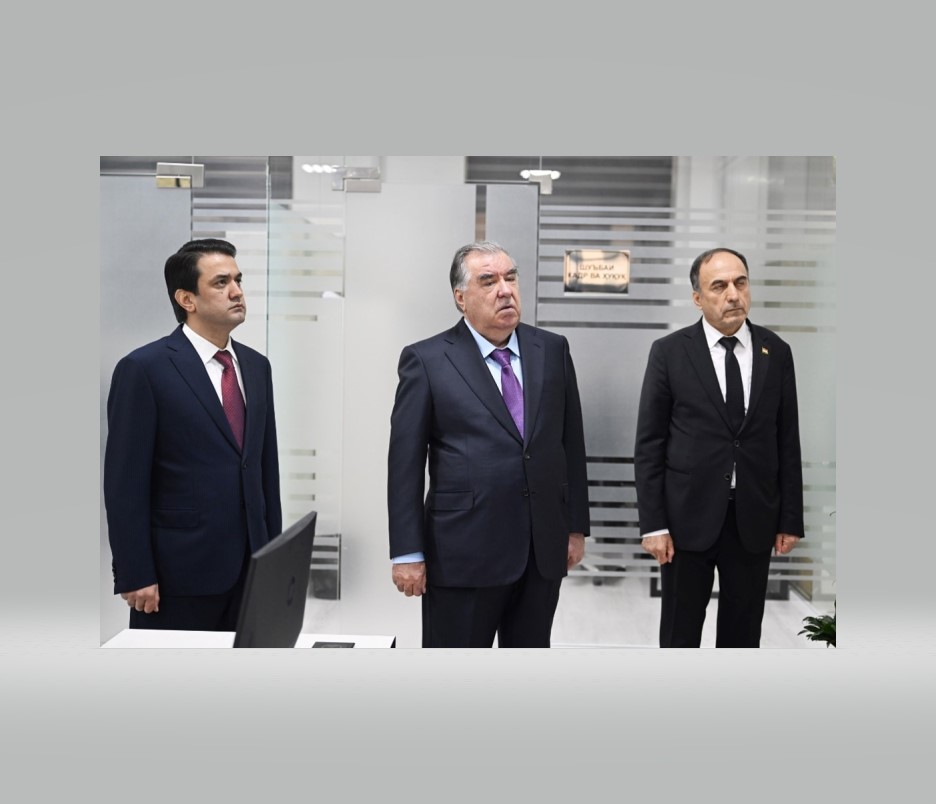An infantryman’s least favorite weather is a temperature of 35 degrees Fahrenheit and pouring rain, when the trench floods with knee-deep, near freezing water. Surviving in such conditions is truly an art, and it’s at these moments in particular that a trench has a special energy. Here people fight for their lives, for every manifestation of it. Here communion with God is sincere and more frequent than in any church.
Near the front lines everyone fits up his trench like it’s his little home away from home. There are sleeping bags, ammunition and food, of course. But people also keep books and affix drawings by their children to the walls.
Sometimes the enemy is close enough that we can see him without binoculars. Sometimes he’s a few hundred feet away. Our task is to “hold the fort,” and in this common expression lies the main idea of war: not to yield your land to the enemy. So when shelling starts, a soldier cannot just take cover; he must also make sure the enemy does not move forward. As a rule, that’s exactly what happens: When the enemy begins to shell, their infantry starts to advance.
One day our positions were bombarded with 120-mm. mortars for several hours. When the barrage started, it was terrifying. First, there was the sound of the exit — as the projectile flies out of the launcher. Then there was the wait of a couple of seconds and the vibration of its arrival.
The trench shook.
Soil fell from above.
The sound of the explosion deafened us for several seconds.
If you felt all of that, it means that this time you were lucky. The bomb landed at least 30 feet away. You cross yourself. The next exit may be yours.
With each explosion, fragments of steel scatter like sharp darts in all directions. A large fragment of a 120-mm. mortar round is about half the size of the palm of your hand, and heavy. It can punch through a bulletproof vest.
But the small, almost invisible pieces of shrapnel that get into the body are worse. That’s why we — I am a medic as well as a rifleman — have to carefully examine the wounded and palpate them all over, so as not to miss an insidious shrapnel wound that could cause internal bleeding.
If a large caliber projectile hits near the trench, soldiers can get buried and a comrade nearby must dig them out before they suffocate. An explosion felt from underground feels even more unpleasant than on the surface: The blast wave creates a vacuum and it puts pressure on the ears. It feels like a slight concussion. We are taught to sleep with our arms around our machine guns. If you get buried, you’d better have it in your hands when you crawl out from under the ground.
The shelling can go on for several hours, and by the time it has finished you no longer feel fear. The body gets used to it. You think that maybe now you are immune to it. You leave the trench and the sun is shining and birds are singing, as if you dreamed these horrors.
Then you hear another barrage being fired and there’s the fear again.
At the front line, emotions run the gamut. The adrenaline makes the eyes of some of the men almost glow. In others, the life seems to fade away. They stop being afraid but they also stop rejoicing. I’ve met soldiers with nothing but emptiness and indifference in their eyes. Soldiers in the trenches care deeply for one another, but the level of tension is so high that usually nobody cries when someone is injured or killed.
But these are extremes. For the most part, humans are creatures that get used to everything. Often during the shelling, the guys make jokes and tell funny stories. Humor is very helpful for dealing with stress.
In peacetime, “courage” and “bravery” are empty words. Here, those words reveal their true meaning. Anyone can be afraid. But the courageous master their fear and do not let others give in to it.
Our front depends on such people. They inspire confidence and faith in victory. Quite often these people are unremarkable — some skinny young guy or an older man. Not supermen. In civilian life, such a person could sit across from you on the subway, come to fix your plumbing or lay tiles on your floor and you would not even notice him. Here, he suddenly reveals his full potential.
We know our enemy is in shock. We hear it on the radio intercepts. “How come? We hit them with everything we can, burn everything clean and their infantry is still holding out?!”
For a people who will burrow into the ground to survive, freedom is even more important than life.
Yegor Firsov is a medic and rifleman in the Ukrainian defense forces. He was a member of the Ukrainian Parliament from 2014 to 2016.

















Discussion about this post